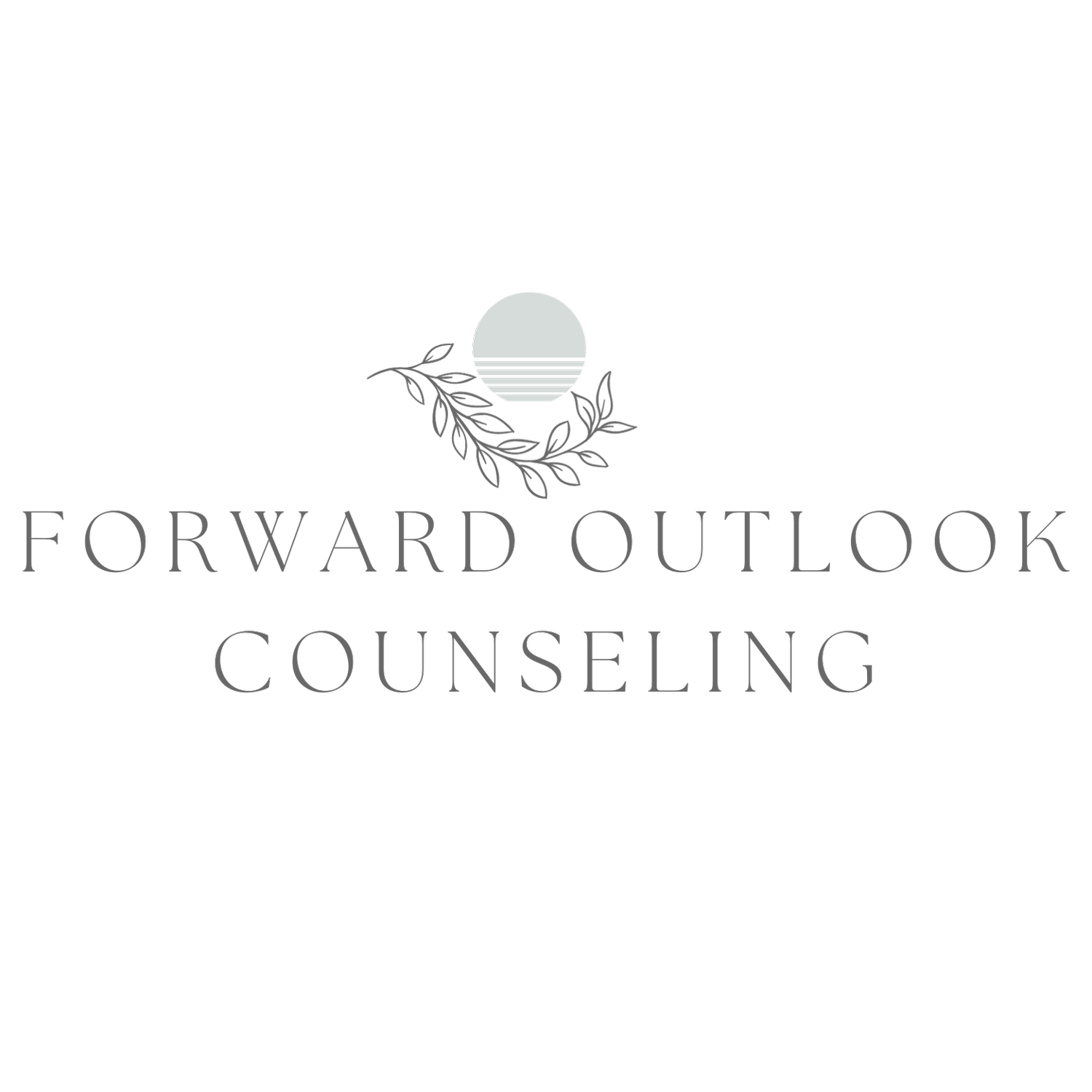see improvements in all your relationships.
In-person & online therapy
Relationship counseling for women & college students in East Lansing, MI
Have your relationships felt like a struggle?
Maybe you are noticing relationships feeling unfulfilling, or perhaps you are noticing a lack of connection, appreciation, and feelings of loneliness. You may be noticing a lot of conflict or an inability to move on after being hurt. Maybe you are noticing a difficulty in moving on from a life transition like a divorce or break-up.
Whatever it is that you are experiencing, you can see how it is negatively impacting other aspects of your life:
Challenges with communication issues
Frequent arguments and disagreements
Unclear or unrealistic expectations
Lack of staying power in romantic partnerships
Fear and anxiety around intimacy
Difficulty asking for help and getting support
Challenges trusting yourself and your decisions
Feeling alone, isolated, and unsupported
Relationship challenges can be difficult.
Relationship counseling can help.
How therapy works
You can learn to form deeper, more meaningful and authentic connections.
It may seem unattainable now, but you can have meaningful, connected relationships with friends, family, and partners. You can feel understood and supported in your relationships. You can have closer, deeper, and more meaningful relationships.
I will help guide you through this process. We will work together, tailoring the process to your needs and circumstances. My approach to relationship counseling comes from a deep understanding and belief that once you start to connect to your needs and start to value yourself there can be huge gains in the quality of relationships you have. it all starts with you valuing you.
Relationship counseling can help you…
Develop the skills and awareness to know what you need in a relationship
Improve communication and voice needs assertively
Learn to work from what you need instead of what you think you need to be for others
Decrease emotional avoidance and/or anxiety and change the views of self and relationship
Change dysfunctional behavior patterns
Understand what healthy boundaries are and work on placing healthy boundaries for yourself and with others
Frequently asked questions about relationship counseling
FAQs
-
In the initial sessions we will focus on information gathering, discussing your past and starting to notice patterns in your life to help formulate a path forward to make healthy changes. We will use Cognitive Behavioral Therapy (CBT) and Acceptance and Commitment Therapy (ACT) to notice unhealthy patterns to challenge unhelpful thoughts and behaviors and start to work on mindfulness, acceptance, resilience and self compassion. We will work on defining healthy attachment, stop any codependent patterns, and build relationships with healthy boundaries and connection.
Click here to Learn more.
-
Here are some signs that Relationship counseling may help…
A betrayal has occurred
The bad times outnumber the good times
You and/or others struggle to communicate
There's a major issue you can't resolve
Your goals in life don't align in relationships
You never argue in relationships
You're frustrated with your intimate life
Click here to Learn more.
-
Couples counseling involves two people attending counseling sessions together to try and improve communication, have better conflict resolution, increased connection, improved intimacy and increased relationship satisfaction. In relationship counseling one person is focused on improving their relationships. They might work on one specific relationship that is troubling them like a recent divorce, breakup, end of a working relationship, end of a long term friendship, or other challenges with family, friends, or relationships in general.
Click here to learn more.
-
The first step is emailing (sarah@forwardoutlookcounseling.com), or completing the contact form to book an initial consult. Once we have that consult and make sure we are a good fit, we schedule our first session. You will get an email with a link to fill out initial paperwork. Then we have our first therapy session either in person or virtually.
Click here to Learn more.


